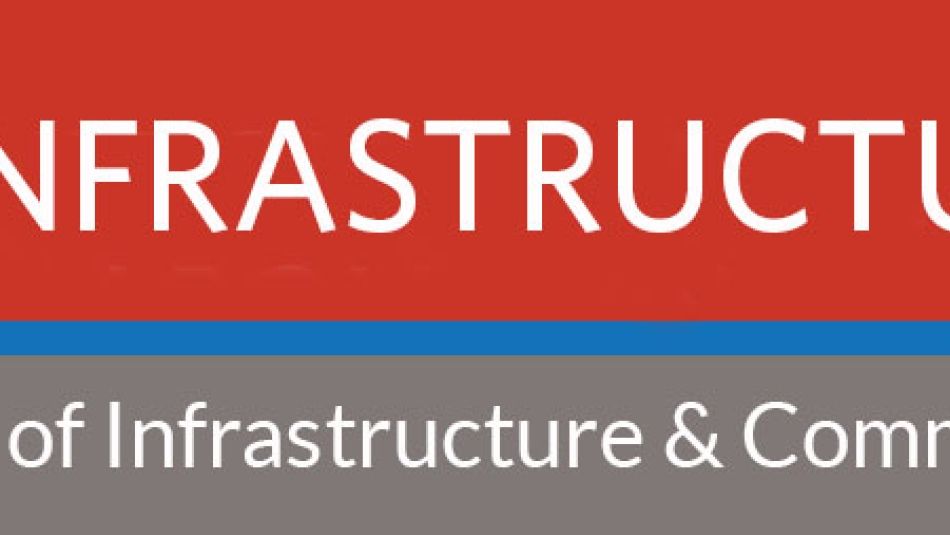
Canada’s public infrastructure is the foundation of our productive and prosperous economy; and that affects all Unifor members. Unfortunately, in many cities and towns, investments in public infrastructure have not kept pace with our growing population or the needs of a sustainable economy. Investments in local and regional transit systems are among the key areas of concern for Unifor members – more than 6,500 of whom work in the public transit industry. Thousands more work in rail, road, air and marine transportation as well as in telecommunications and in industries that manufacture transit equipment and other infrastructure needs. Our members have worked tirelessly to win operational and safety improvements on buses, to leverage existing transit investments to create good jobs for Canadians, and to promote the need for well-funded transit services.
Unifor priorities
Despite the range of estimates on Canada’s “infrastructure deficit” (from tens of billions to hundreds of billions of dollars), there is a general consensus that more must be done to not only improve basic needs, but ensure modern infrastructure helps us meet our goals for a sustainable and productive future.
New infrastructure spending announced by the Liberal party in its 2015 election platform was welcome news, and included $20 billion in new transit spending over the next ten years. This new money will help rehabilitate existing transit infrastructure as well as promote further expansion. However, new federal money only addresses one-third of the $18 billion transit infrastructure needs identified by the Canadian Urban Transit Association over the next four years.
Urban centres are growing, and are increasingly gridlocked. There are simply not enough public transit services available and accessible to Canadians, in both small and large cities. Across densely populated regions, such as the Greater Vancouver Area, more public transit buses are needed now, and more resources must be devoted to establishing the comprehensive transit plan envisioned by the Metro Vancouver Mayor’s Council. The new government’s promise to bring new light rail to Surrey and expand SeaBus service is a step in the right direction.
Public transit systems will be a key driver in delivering quality of life improvements to Canadians, including tackling climate change. Unifor believes that new investments in infrastructure – specifically transit – should also be tied to broader economic development objectives. Buy-Canadian and local content rules affixed to new investments are proven job-creation and skills development tools. They also encourage the development of industrial competencies that foster global competitiveness for Canadian products. Unfortunately, these policy tools are not used nearly often enough. Canada fails to realize the full value of these major transit projects when buyers (often municipal and regional transit authorities) offshore the work to lowest-cost providers. More can be done to ensure infrastructure investments best serve the public interest.
Lastly, in recent years, too much emphasis has been placed on the role of private sector providers in the development and operation of public works projects. So-called P3 arrangements often fail to represent infrastructure as a “public good.” Unifor believes the transportation needs of citizens and communities and the imperatives of sustainable economic development simply cannot be met by profit-driven private decision-making. The previous government mandated that private firms lead publicly funded projects, as a condition of investment. This is a wrong-headed approach to infrastructure policy that should be abolished.
Specific issues and policy recommendations
In light of our general concerns on Canada’s existing infrastructure policy framework, there are a series of pressing matters of importance to Unifor members that we encourage the Minister to explore in the near term:
• Move quickly to establish a timeline for public consultation and delivery of the proposed 10-year federal infrastructure funding plan. In light of negative economic headwinds facing the Canadian economy, the timeline for infrastructure spending should be expedited in order to provide much-needed economic stimulus.
• Ensure that the Ministry’s new 10-year plan contains important social and economic development tools. The plan being developed should include:
• Provisions for Made-in-Canada materials and inputs (including sustainable building materials), wherever possible, as a job-creation lever;
• Local hiring requirements, especially among vulnerable communities (e.g. racialized workers, young workers, women in skilled trades, Aboriginal and Indigenous workers);
• Removal of any prerequisite for private sector involvement as a condition of federal funding support;
• Steps to improve accessible transportation that is available to Canadians with disabilities.
• Coordinate and consult with community agencies, organizers and low-income advocates on the development of a federal affordable housing strategy. Such a strategy must also work within a collaborative federal and provincial funding and implementation framework.
To download a printable PDF of Unifor's priorities regarding infrastructure please click on the link below:


